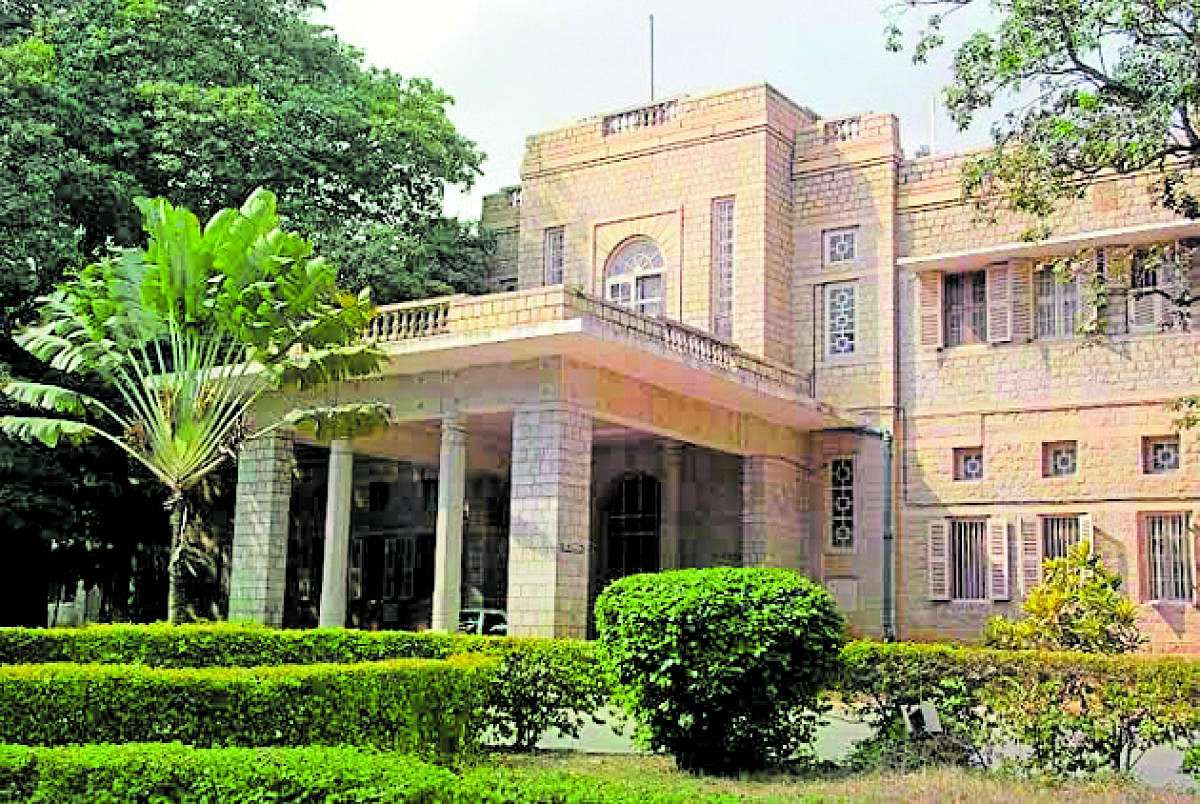
The National Institute of Mental Health and Neuro Sciences (Nimhans) will begin the groundwork to set up a “non-transplant organ retrieval centre” on its campus.
The institute has already written to the state and Central governments on the proposal, where organs will be retrieved, harvested and transported to the recipient’s hospital.
The institute has appointed one of its professors Dr Dhananjay Bhat as the nodal officer to take the project forward. Dr Bhat would sensitise the doctors and other health workers.
Talking about the project, Dr Bhat said he has been appointed as the nodal officer just a month ago. “The project is still in its nascent stage. The convener of (existing organ retrieval system) Jeevasarthakathe has given an outlook on how organ donation and transplantation take place,” he said.
“The psychiatric social workers will be trained to sit in the casualty and collect data about the patients coming to the hospital. They would observe and gather details on patient inflow, how many of them turn into brain-dead cases and the possible donors after (family) counseling,” Dr Bhat added.
The first task before the NIMHANS is to understand the requirements to set up the retrieval centre and the kind of infrastructure and the dedicated staff needed for the project. It should also work out the way to facilitate and coordinate with Jeevasaarthakathe on organ transplant.
With the director of NIMHANS agreeing to dedicate two operation theaters and two ventilators for the centre, Dr Bhat said the data collection will start in a week.
Dr Kishore Phadke, the pediatric nephrologist and convener of Jeevasaarthakathe, the government-run agency that co-ordinates organ transplants in the state, said having a retrieval centre is a long standing need as maximum head injury cases come to NIMHANS.
“We’ll take help from Mohan Foundation, an NGO that trains the staff and counselors at organ donation centres. The trained staff will initially collect data, but will gradually begin talking about organ donation with families of brain-dead victims,” Dr Phadke
said.
He also said NIMHANS received the recognition –or the license- to retrieve organs of brain-dead patients.
NIMHANS, or National Institute of Mental Health and Neurosciences, has been the preferred hospital to treat head injury cases for decades. Traffic police routinely direct ambulances to the Institute when they come across head injury cases as a result of road accidents.
The organ retrieval centre will help boost organ transplant by avoiding further referrals and to explore ways of harvesting organs out of brain-dead cases.